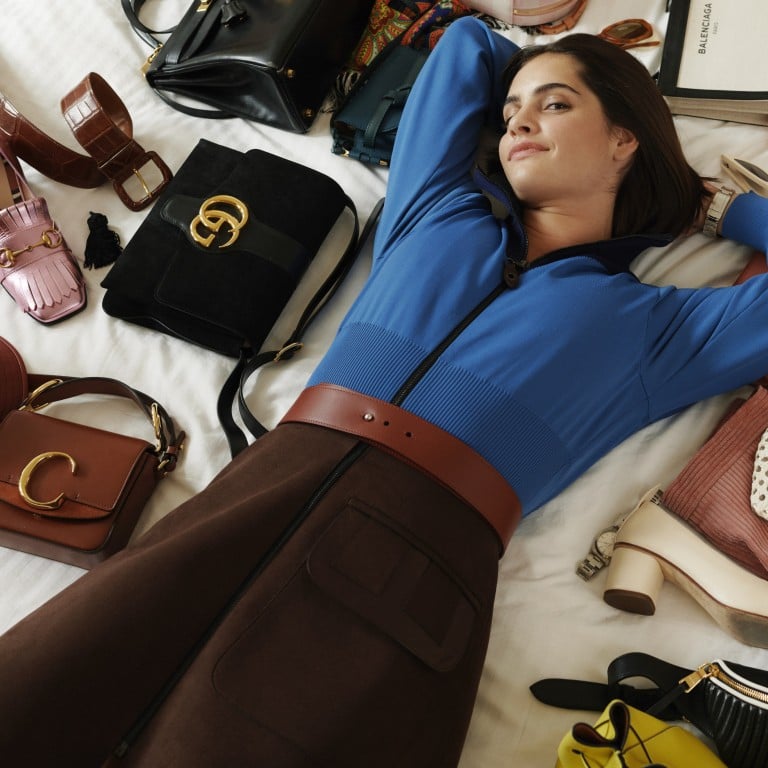Why luxury fashion brands are embracing second-hand sales: beyond sustainability, taking control of the preloved market gets Gucci, Alexander McQueen and Chloé more Gen Z clients for a start

- Chloé launched Chloé Vertical that traces a product’s supply chain, while among luxury group Kering’s brands, Balenciaga has partnered with Reflaunt on an in-house resale programme
- The Luxury Closet and Vestiaire Collective are other resale e-commerce platforms while Selfridge’s Project Earth campaign includes Resellfridges powered by rental platform Hurr
“Luxury brands and retailers are sensing an inflection point in how resale is perceived, want to be seen as supporting the circular economy, and no longer fear that participating in resale will cannibalise primary sales,” says Diana Lee, director of research and analysis at The Business of Fashion (BoF).
The limited supply of premium products leads to a near-inevitability in their purchase through resale – but the way it is talked about has changed. This attitudinal U-turn is largely chalked up to increasing demand from younger consumers, who have little time for the way things were done in days past. And they are being listened to and accommodated, with both luxury brands and traditional retailers experimenting with resale as an additional channel to engage consumers and drive incremental sales.

“The Covid-19 pandemic has brought an irreversible boost in online shopping and a shift in overall luxury consumer habits – mostly driven by younger generations, consumers are embracing digital and environment-conscious ways of shopping,” says Lucia Casagranda, a consultant at Boston Consulting Group (BCG). “Resale is an effective response to this undeniable shift.”
McKinsey & Company estimates the resale sector will see 10 to 15 per cent annual growth in the next decade. While bricks-and-mortar resale stores still make up the bulk of second-hand sales, digital channels now hold almost 30 per cent of the market share – and the brands want in, quick.
Labels are learning they have an advantage over multi-brand platforms because they hold the documents that allow them to easily authenticate vintage pieces. Another key factor is the advancement of technologies such as blockchain. These, explains Berg, can help “certify the origin and authenticity of products and fight counterfeiting, which is one of the main risks associated with this business model”.

As part of its SS23 campaign, Chloé has recently announced the launch of Chloé Vertical – a digital technology that includes allowing users to scan a bar code in order to be able to trace the supply chain from start to finish. Chloé Vertical also equips individuals with an “ownership certificate”, which allows them to engage in direct resale through the secondary platform Vestiaire Collective.